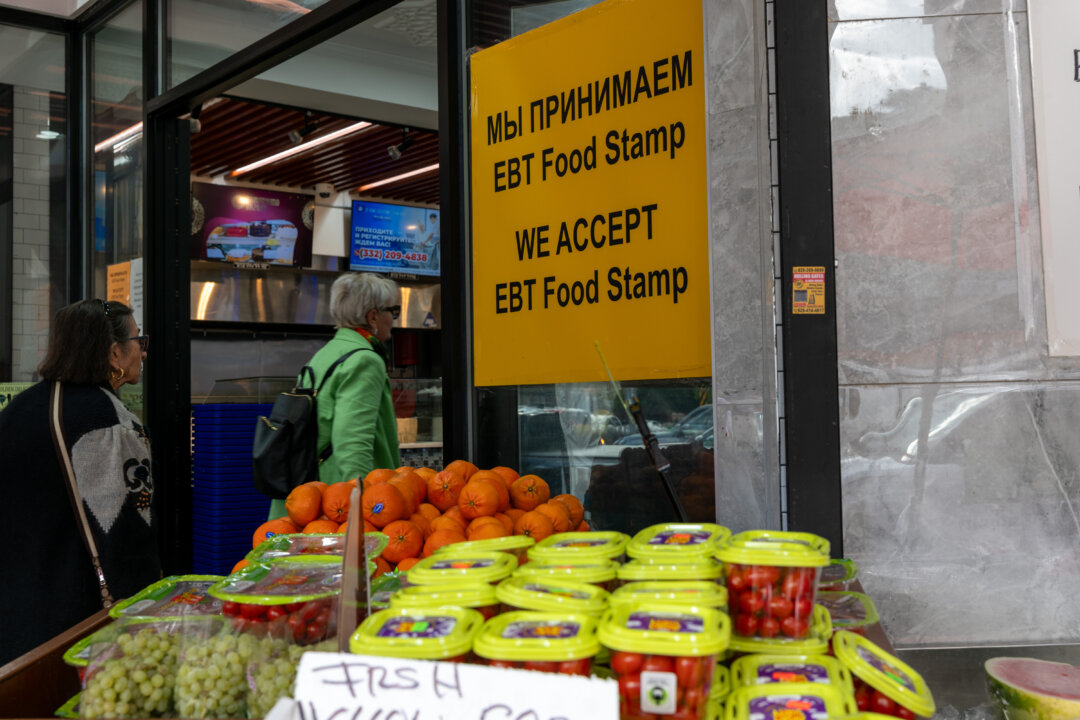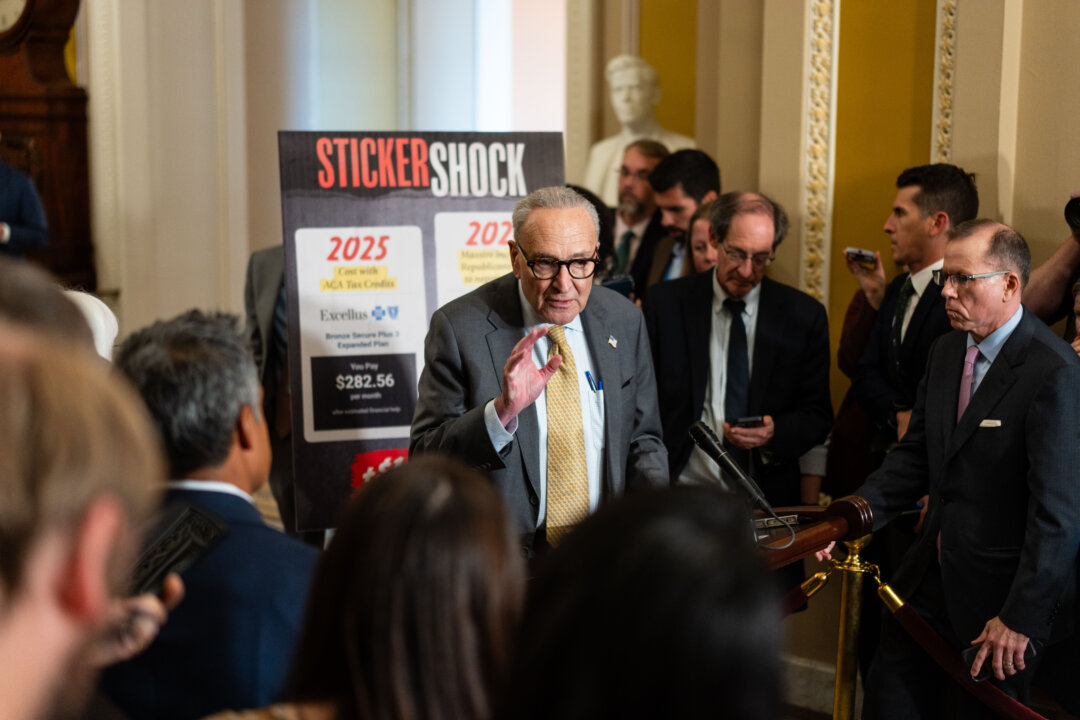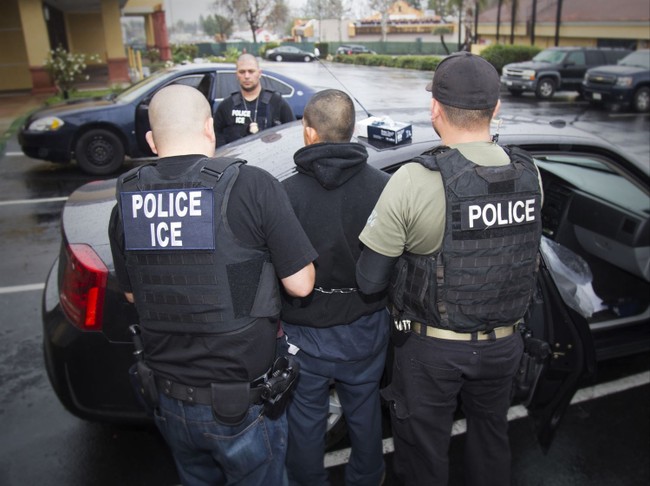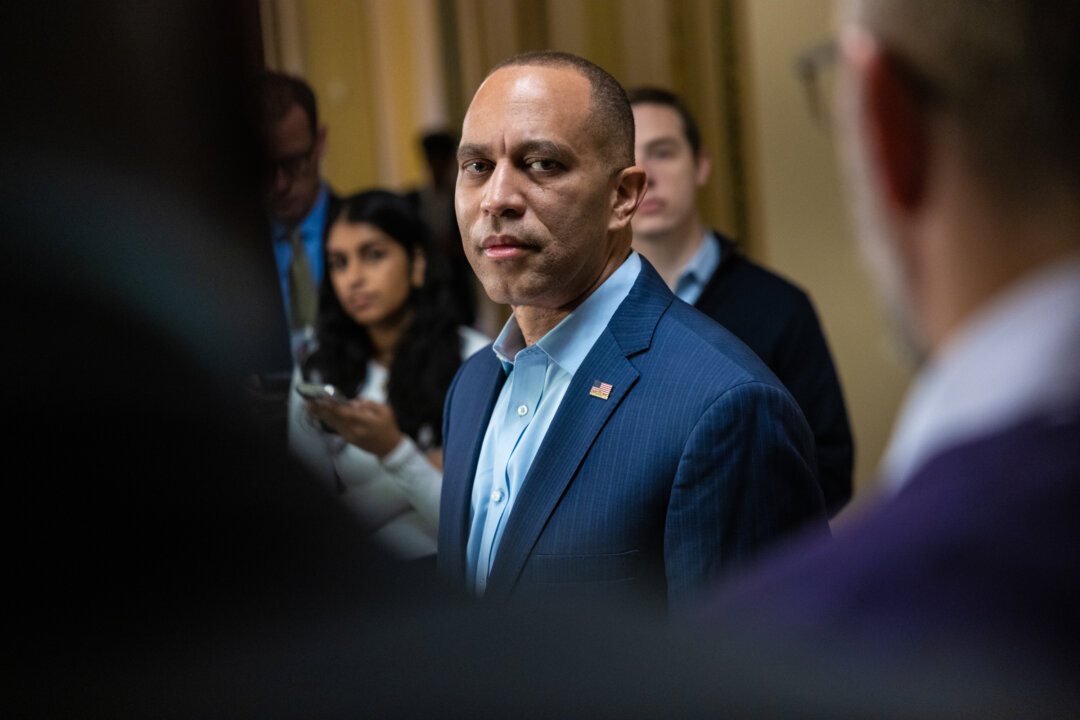

Politicians and pundits have found a new social menace to fret about: online gambling. Some even compare its growth to an “opioid epidemic.” But alarmist rhetoric often obscures more than it reveals.
A new study by Douglas Walker of the College of Charleston and Brett Evans of Georgia College dismantles many of the claims fueling this moral panic. The authors find that much of the fear surrounding online gambling rests on weak evidence and flawed research methods.
Legalization didn’t create onlinegambling. It merely brought an existing market into the open, where it can be monitored, taxed, and regulated.
Walker and Evans examined the academic literature most often cited by anti-gambling activists and found “implicit anti-gambling biases, flawed research methodologies, and unsubstantiated conclusions.”
The result, they argue, is a distorted public perception of an industry that has become both mainstream and heavily regulated.
A case study in statistical gamesmanship
The researchers focus on three papers that critics routinely cite to show that legalized sports betting harms society.
The first, from the University of Oregon, claimed a link between sports gambling and intimate partner violence. The authors found that violence increased in cities where local NFL teams lost as betting favorites. But the same study failed to mention that violence decreased — and by a larger margin — when those teams won as favorites.
Since favorites win more often than they lose, the Oregon study’s framing was, at best, misleading. By focusing narrowly on “upset losses,” the authors turned an isolated pattern into a sweeping conclusion. Walker and Evans note that such selective reporting suggests an intent to produce a politically useful result rather than an accurate one.
Confusing deposits for debt
A second paper — beloved by anti-gambling commentators — claimed that online gambling depletes household savings. Yet it defined all unresolved bets as losses, even when the bettor eventually won. The study also lumped sports betting with online casino gaming, which has existed far longer, and ignored daily fantasy sports altogether.
Its data failed to mention that the median sports bettor wagered only $750 over 12 months — about $62.50 per month. That hardly supports the picture of mass financial ruin.
Ignoring the market that already existed
Like so many policy debates, this one forgets the black market that thrived long before legalization. Critics assume online gambling barely existed until states sanctioned it. In reality, the American Gaming Association estimates that Americans wagered $64 billion through offshore sites in 2024 alone.
RELATED: Stop blaming dopamine — kids aren’t addicts; they’re bored
 Ivan Kuchin via iStock/Getty Images
Ivan Kuchin via iStock/Getty Images
Legalization didn’t create gambling. It merely brought an existing market into the open, where it can be monitored, taxed, and regulated.
Correlation without causation
A third set of studies blames sports betting for macroeconomic trends such as rising bankruptcy and delinquency rates. Walker and Evans point out that such research often mistakes timing for causation. States typically legalize gambling or lotteries when budgets tighten or economies falter. The economic distress comes first; gambling reform follows.
Recent years have included two divisive presidential elections, a global pandemic, and disastrous public policy responses — all of which distort economic data. Yet many academics pin every fluctuation on gambling laws.
As any freshman statistician knows, correlation does not equal causation. But for activists chasing headlines, correlation is good enough.
The return of the prohibitionists
Walker and Evans don’t romanticize gambling. They simply urge policymakers to weigh evidence honestly and to resist moral panics. Moderation is the sensible course.
But prohibitionists in public life rarely settle for moderation. They prefer sweeping bans that spare them the hard work of assessing trade-offs. As Prohibition showed a century ago, banning a popular activity doesn’t eliminate it — it just drives it underground.
Online gambling deserves scrutiny, but it also deserves truth. Demonizing it with sloppy statistics or ideological bias serves neither public health nor public honesty.
.png)
 3 hours ago
1
3 hours ago
1















 English (US)
English (US)